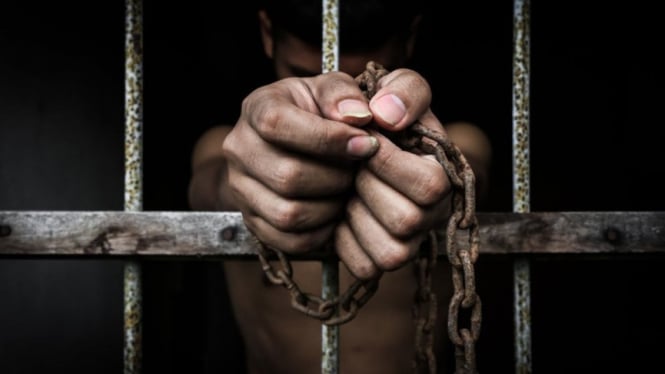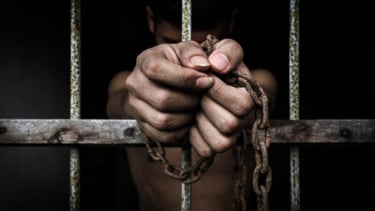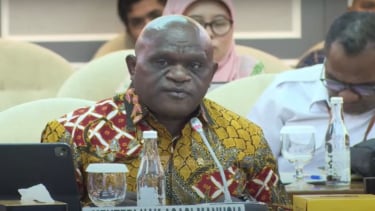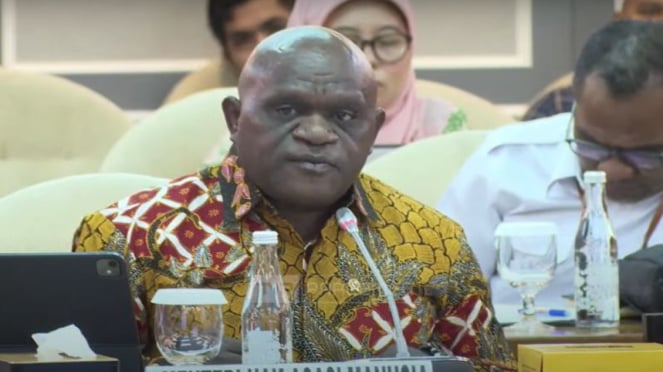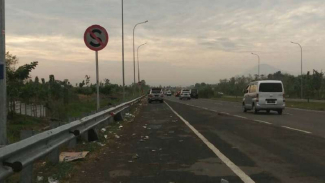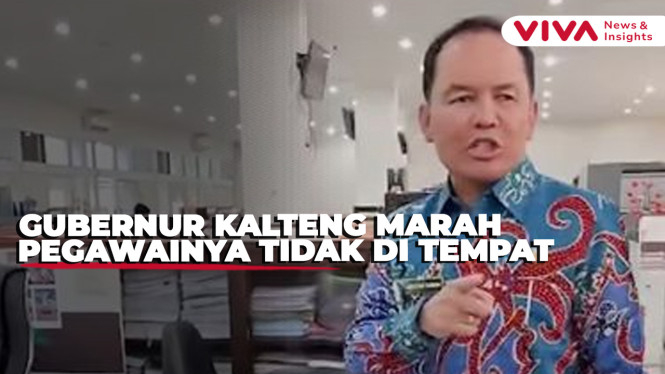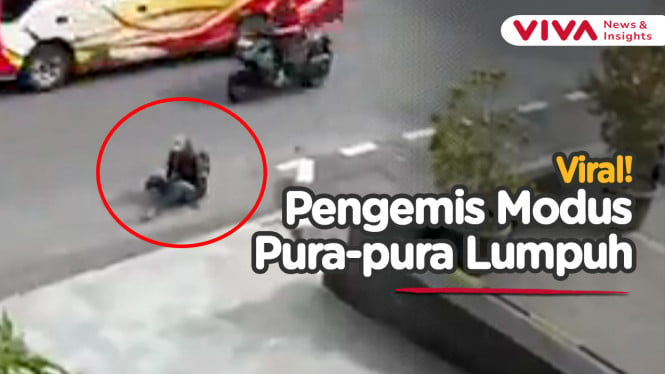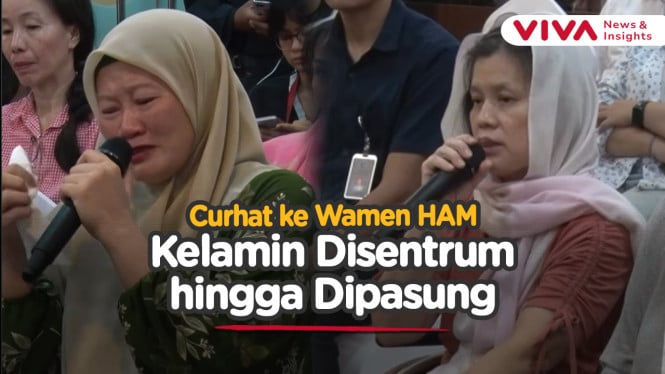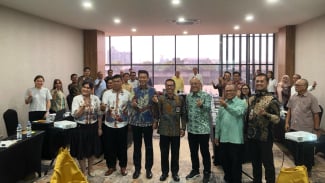Indonesia to Release 44,000 Prisoners with Mandatory Human Rights Education
- Istimewa
Jakarta, VIVA – The Minister of Human Rights (HAM), Natalius Pigai, stated that 44,000 inmates who will receive amnesty will undergo training and education programs.
These programs will focus on instilling values of human rights and democracy.
"The training will center on the values of human rights, democracy, justice, and peace. The most important aspect is changing their mindset—from a criminal mindset to a human mindset," the minister said on Tuesday (Dec 31).
Minister Pigai also mentioned that prior to granting the amnesty, his team would visit various correctional facilities to collect data on inmates who will participate in the training.
"Before the amnesty is granted, we will visit the correctional facilities to inventory and assess the inmates. The process has already begun, and we will proceed with education," he stated.
Previously, the Indonesian government announced plans to grant amnesty to 44,000 inmates.
The Ministry of Law and Human Rights emphasized that no inmates convicted of corruption would be included in this amnesty.
Menteri HAM Natalius Pigai
- YouTube DPR RI.
"Regarding the amnesty for 44,000 inmates, which we are currently preparing with the Ministry of Immigration and Corrections (Imipas), none of them are related to corruption cases. Absolutely none," Minister Atgas clarified on a separate occasion.
He explained that there are four categories of inmates eligible for the amnesty.
The first category includes those involved in political cases, such as allegations of treason in Papua, excluding armed movements, and inmates with chronic illnesses.
"There are four categories. The first pertains to political cases, such as our friends in Papua accused of treason, but not involving armed movements. The second involves individuals with chronic illnesses, such as mental disorders or diseases that are challenging to treat in our facilities, especially those with HIV/AIDS," he explained.
The second category comprises individuals convicted under the ITE Law for insulting the head of state.
The third category includes inmates involved in drug and psychotropic substance abuse who are deemed users.
"The third concerns individuals detained under the ITE Law for insulting the head of state. These individuals will receive amnesty from the president," he said.
"The fourth category includes individuals involved in drug and psychotropic substance abuse. These individuals are users and should not be in correctional facilities. Instead, they should be under the care of the state for rehabilitation, as they are categorized as victims," he explained.
Minister Atgas reiterated that none of the 44,000 inmates receiving amnesty are linked to corruption cases.
